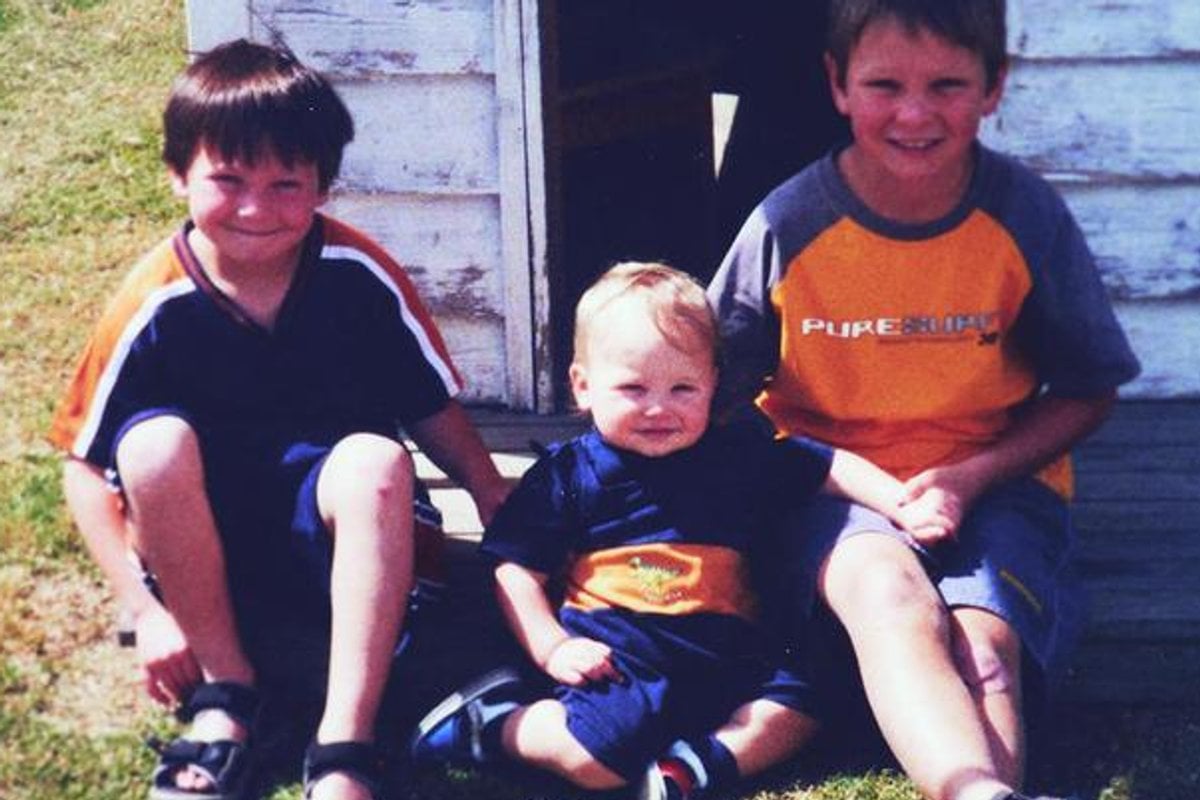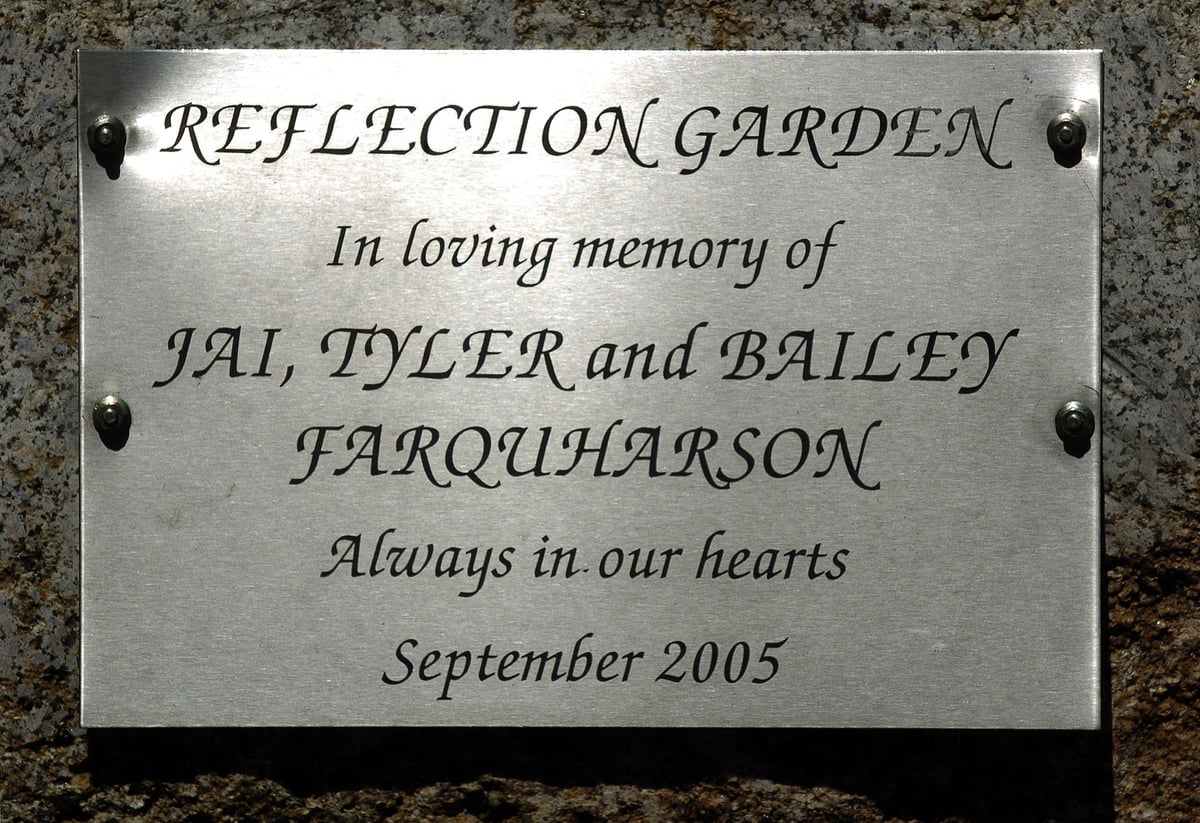
This article contains graphic details.
On September 4, 2005, Cindy Gambino-Moules dropped her three children off for a visit with their dad, Robert Farquharson. They were spending the afternoon with Farquharson for Father’s Day, about ten months after Gambino-Moules had left her former husband.
Four hours later, around 7pm, Farquharson piled his three boys, Jai, Tyler and Bailey, into the car, to return them to their mother at Winchelsea, south-west of Melbourne. The boys were not wearing seatbelts.
As the 1989 VN Commodore drove along the Princes Highway towards his ex-wife’s home, the vehicle abruptly veered off the freeway, crossing oncoming lanes, before crashing through a fence and plunging into a dam near Winchelsea.
Watch: The case of Keli Lane. Post continues after the video.
The car quickly filled with water and submerged. Leaving his children behind, unable to free themselves, Farquharson swam to safety. He alerted another driver, who later reported the father refused to call Triple 0, or return to the dam to find his boys, who were ultimately left alone to drown.

Top Comments